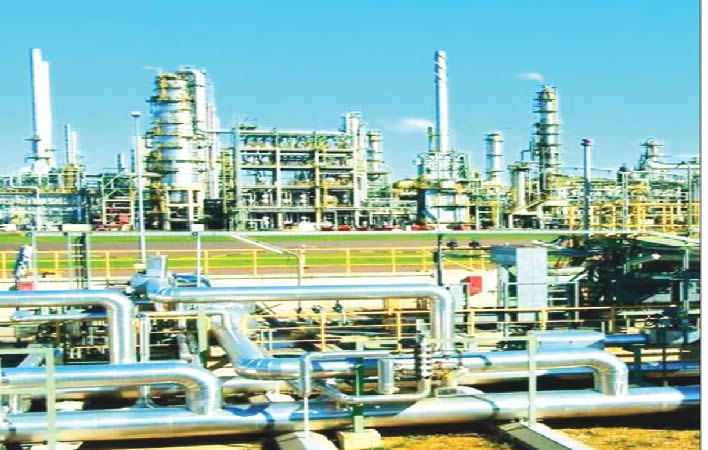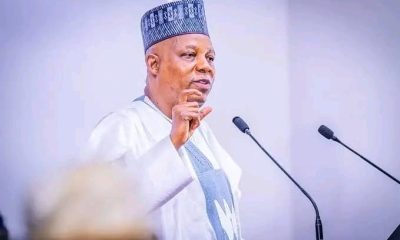News
Dangote Refinery at One: How Nigeria’s Energy Landscape Has Been Transformed

By Diafa Doubra,
One year after the commissioning of the Dangote Petroleum Refinery, Nigeria’s energy sector is witnessing a transformation many once thought impossible. The $20 billion facility, located in the Lekki Free Trade Zone, has not only ended Nigeria’s decades-long dependence on imported refined petroleum products but also positioned the country as a major energy supplier in West Africa.
In the past twelve months, the refinery’s operations have significantly reduced fuel import bills, helped stabilize the naira by cutting foreign exchange demand, and lowered the pump price of petrol across the country. Economic experts say the impact has rippled across industries, boosting local manufacturing, creating jobs, and attracting fresh investments into the downstream oil and gas sector.
According to stakeholders, the refinery now meets Nigeria’s domestic fuel demand and exports surplus products to neighboring countries, thereby strengthening Nigeria’s trade balance. The move has been hailed as a game-changer for energy security and a turning point in the nation’s industrial growth.
Aliko Dangote, Chairman of the Dangote Group, expressed optimism about the future, noting that the refinery was built not just to serve Nigeria but to reposition Africa on the global energy map. He reiterated his company’s commitment to sustaining production standards that meet international quality benchmarks.
Government officials have equally lauded the project. President Bola Tinubu recently described the refinery’s success as proof that Nigeria can drive industrialization through bold private sector initiatives. He assured that policies will continue to support ventures that create jobs and reduce economic dependence on imports.
For many Nigerians, the refinery’s first year stands as a symbol of self-reliance, ushering in a future where the country controls its energy destiny rather than relying on foreign supplies.













